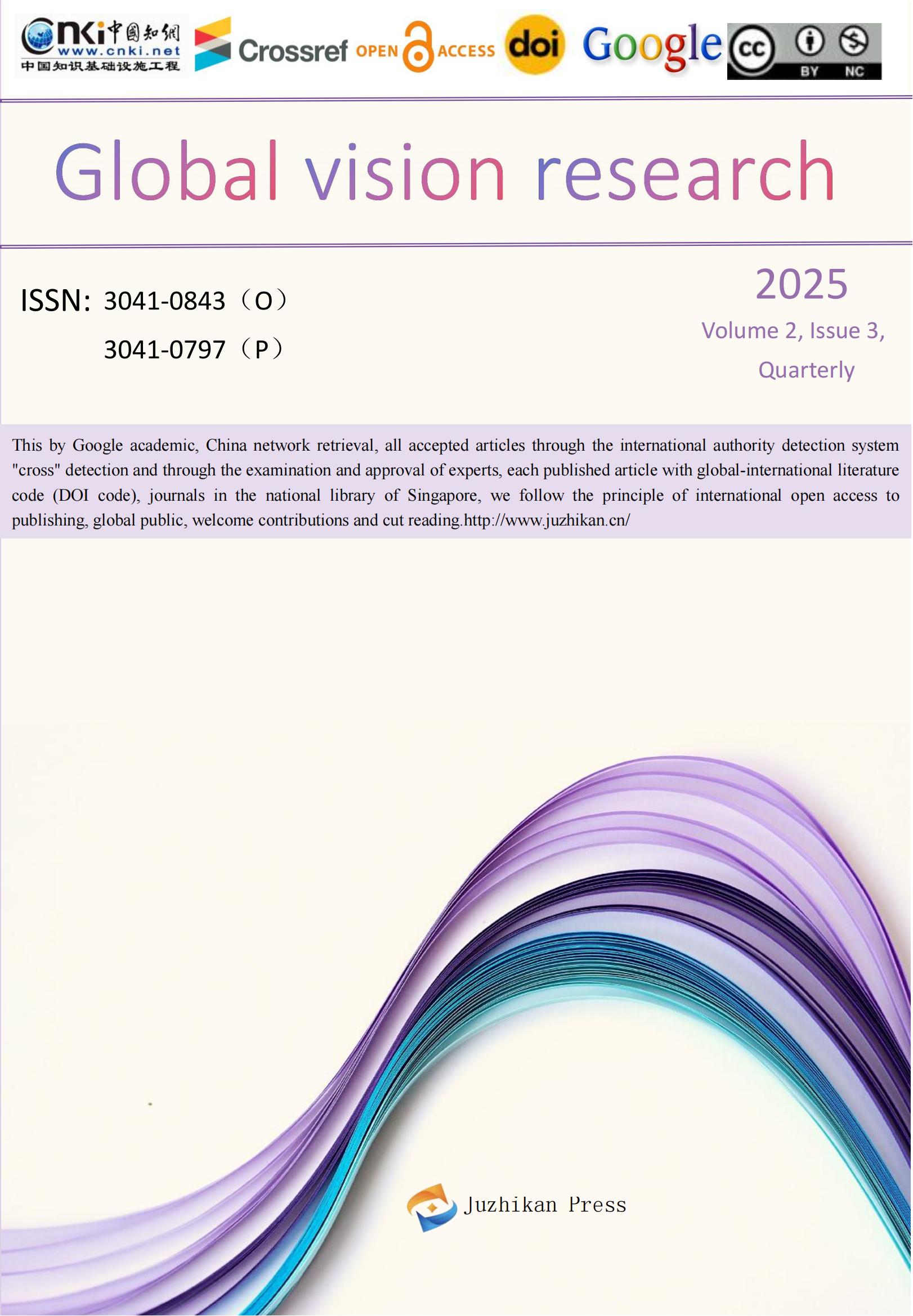
 info@juzhikan.asia
info@juzhikan.asia
 info@juzhikan.asia
info@juzhikan.asia
An Analysis of Evil in Black Dogs from the Perspective of New Historicism
Tian Chunxin
Xi’an International Studies University,Xi’an Shaanxi,710128;
Abstract: In the historical novel Black Dogs, Ian McEwan combines historical facts with fictional characters and reconstructs history, presenting the social conditions and human nature after World War II. He shows the harm and menace brought by war to European society, and the psychological changes brought by war to people. This thesis analyzes the evil in Black Dogs from the perspective of New Historicism. On the one hand, in the concept of textuality of history, this thesis focuses on the fragmented historical stories and the evil embodied in these stories. The evil exists both in European society and in people’s hearts. On the other hand, in the concept of historicity of texts, this thesis focuses on the external influences on the creation of Black Dogs and the contemplation on the causes of evil. By analyzing evil from the perspective of New Historicism, the thesis demonstrates McEwan’s humanistic care. McEwan aims to alert people to the evil of war in an era of peace. He also hopes that people can examine the evil in their own hearts and overcome it.
Keywords: Black Dogs; New Historicism; textuality of history; historicity of texts; evil
References
[1] Müller-Wood, Anja and J. Carter Wood. Bringing the Past to Heel: History, Identity and Violence in Ian McEwan’s Black Dogs [J]. Literature & History, 2007, 16 (2): 43-56.
[2] McEwan, Ian. Black Dogs [M]. New York: Anchor Books, 1999.
[3] Mao Yiyang. An Interpretation of the Black Dogs from the Perspective of New Historicism [D]. Zhejiang Gongshang University, 2023: 13.
[4] Gauthier, Timothy S. Narrative Desire and Historical Reparations: A.S. Byatt, Ian McEwan, Salmon Rushdie [M]. New York: Taylor & Francis Group, 2006: 167.
[5] Luo Yuan. A Study of Empathy Fragility in Black Dogs [J]. Foreign Literature, 2015, (06): 88.
[6] Wang Liyun. The Interpretation of the Themes of Ian McEwan’s Black Dogs [J]. Journal of Shenyang Agricultural University (Social Sciences Edition), 2012, (03): 381.
[7] Roberts, Ryan. Conversations with Ian McEwan [M]. Clinton: UP of Mississippi, 2010: 64.
[8] Gao Yuzhu. Violent Writing in Ian McEwan’s Novels [D]. Jiangnan University, 2021: 52.
[9] Dean, Carolyn J. The Fragility of Empathy After the Holocaust [M]. New York: Cornell UP, 2004: 1.
[10] Baron-Cohen, Simon. Zero Degrees of Empathy: A New Theory of Human Cruelty [M]. London: Penguin Group, 2011: 5.
[11] BonJour, Laurence. The Myth of Knowledge [J]. Philosophical Perspectives, 2010, (24): 58.